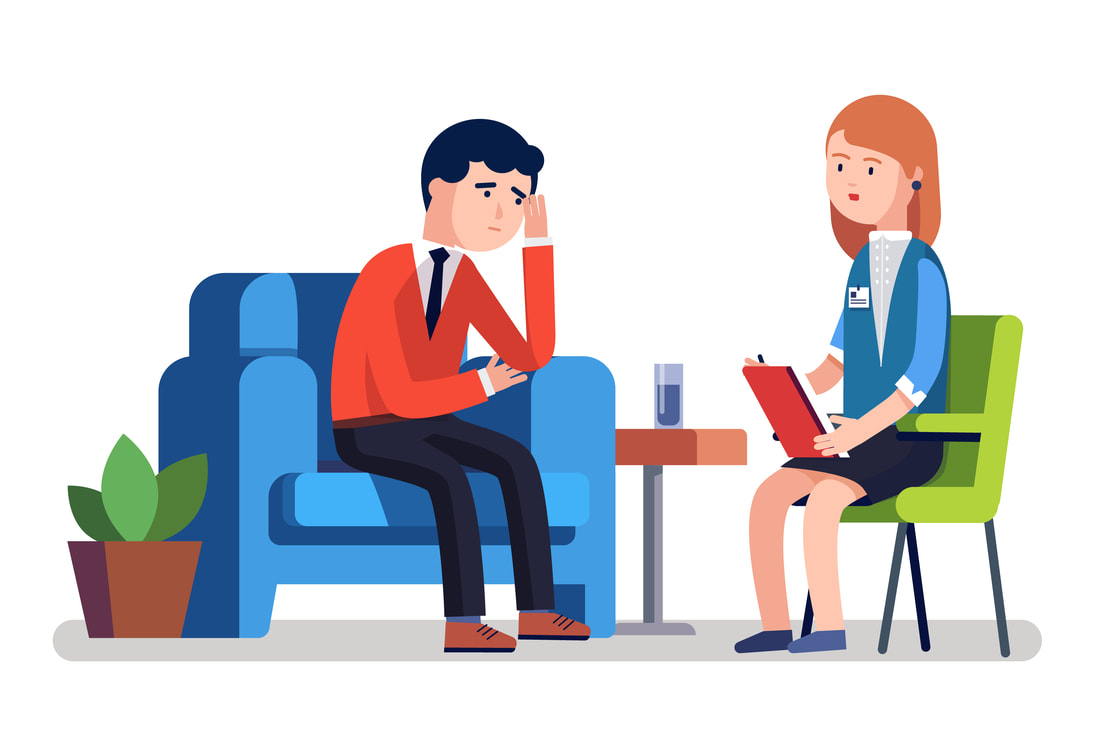In counselling, the relationship between the therapist and client is usually referred to as ‘the therapeutic relationship’. Developing this bond is essential for therapy to be successful. But just why does it matter so much?
Why is the therapeutic relationship important?
People enter into therapy to explore a wide range of issues but all are looking to get support and, typically, to make a change. To do this they need to feel listened to and to trust they can share intimate thoughts and feelings with the therapist. For this to happen, there needs to be a strong, trusting and secure bond between the client and counsellor.
For some people coming to therapy, this may be the first time they have experienced a warm, non-judgemental relationship with another person – a relationship in which they are valued and listened to. Such a bond can foster openness by providing a sense of safety that allows the exploration of thoughts and feelings that can be difficult, painful or even traumatic to experience and share.
How is the therapeutic relationship built?
To create a successful therapeutic relationship, the therapist will typically provide three key components: empathy, genuineness and warmth[i].
By providing empathy (not sympathy), the therapist understands a person’s situation and the thoughts and feelings they are experiencing. In other words, they step into their client’s world and see things through their eyes. This provides a sense of being listened to and understood, developing a connection between the therapist and client.
The therapist will also display genuineness. This allows the therapeutic relationship to be built on the basis of openness and honesty, without fear of judgement. And there needs to be warmth and respect. The sense of safety this gives helps people to overcome any fear or trepidation they may feel about coming to therapy or about raising certain issues.
How to recognise an unhealthy therapeutic relationship
Occasionally, a therapeutic relationship may be unhealthy. Unhealthy therapeutic relationships occur when professional boundaries and ethics are violated. Sometimes the client can form a reliance on the therapist (or vice versa) and therapy isn’t ended at the appropriate time. Or one or both people in the relationship might overstep professional boundaries, either physically or verbally. This can include the therapist enforcing their personal or religious beliefs on the client, or making decisions on their behalf.
If a person experiences any doubt or negativity within their therapeutic relationship, they should try to raise it with their therapist. The therapist ought to be open to exploring the reasons for this and to working together to help overcome it. Or they may choose to end their relationship with the therapist and look for someone they feel more comfortable working with.
Ultimately, without a healthy connection between the counsellor and client, therapy isn’t going to be successful. The therapeutic relationship is at the heart of every counselling session, developing and strengthening over time to provide a secure foundation from which the client can explore their thoughts, feelings and actions, and achieve their goals.
[i] The key components (or ‘core conditions’) of a therapeutic relationship were defined by psychologist Carl Rogers, who developed the person-centred approach to therapy. This model proposes a client can achieve their goals if they are provided with empathy, congruence (genuineness) and unconditional positive regard (warmth) by their therapist.


 RSS Feed
RSS Feed